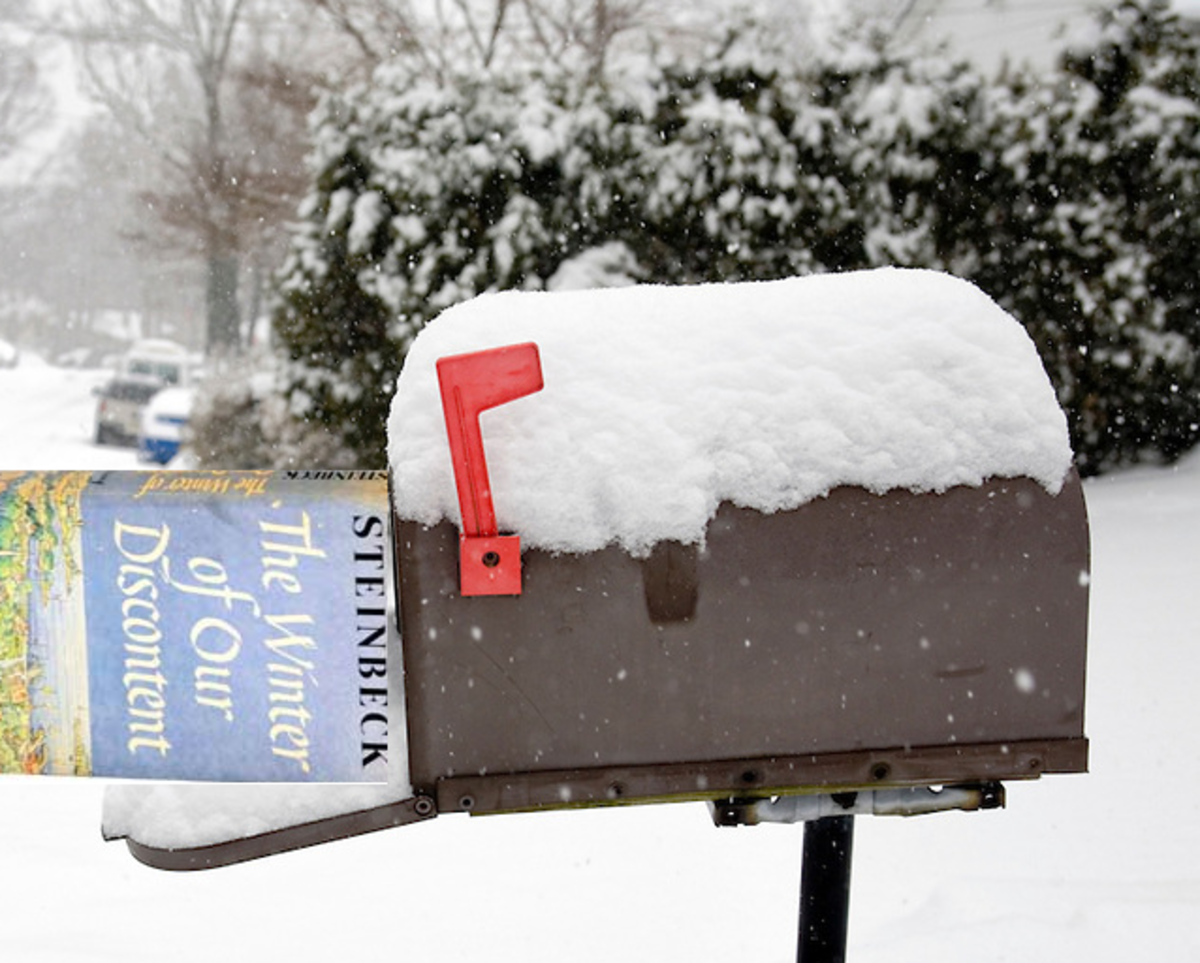Book Review: "The Healer", by Antti Tuomainen

Environmental degradation is inching us ever closer to the eventual collapse of human civilisation. Food shortage is a constant concern—as is the fear of riots brought on by that lack of food. Epidemics of various forms sweep through parts of the world. And in Helsinki, the near constant rain-fall leaves parts of the city flooded. Many have chosen to leave—fleeing to the north, in the hope of a better life elsewhere. Those that remain do so either out of a sense of stubbornness, or due to the simple fact that they have nowhere else to go. Helsinki, itself, has also become a destination of choice for those trying to flee the worst of the devastation, elsewhere—replacing those who had already left, only to find themselves stuck as the situation continues to deteriorate. As the novel's protagonist observes, at one point, Helsinki has finally become a truly international city, though not in the way that anyone had hoped.
This is the setting that the reader is presented with in The Healer, the third novel by Finnish author, Antti Tuomainen, translated into English by Lola Rogers. It is a setting which clearly brings to mind a sort of dystopian science-fiction. It's science-fiction of a very subtle and down-played sort, though. The dystopian, near-future, setting serving as a back-drop for what is, essentially, a fairly straight-forward work of crime fiction.

Our hero is Tapani Lehtinen, a struggling poet (his last collection sold around 200 copies) who, along with his journalist wife, Johanna, is among those determined to remain in Helsinki. Johanna is a journalist of the traditional sort—one who believes that the news should be about important issues. This places her at odds with her employers, though, as the common trend seems to be to focus on frivolous fluff, and celebrity scandals—and, anything else that could give people a temporary distraction. But, none of this concerns Johanna. Her latest story is one focused on a mysterious figure known as 'The Healer', a serial killer who claims to target those directly, or indirectly, responsible for environmental degradation.
This is where things pick up, for the reader. As Tapani becomes increasingly troubled by his wife's failure to constant him, he becomes convinced that something must have happened to her. Setting out on a personal mission to find her, Tapani's investigation leads him to uncover details about his wife's past that suggest that she may be more involved in the story she had been working on than he had suspected.
Tapani, despite a career as a struggling poet, quickly proves himself to be clever and insightful in the way that a crime fiction protagonist should be. The moments of revelation which move him closer to the heart of the mystery never feel forced, or overly contrived. More importantly, though, Tapani is a protagonist that a reader can easily identify with—his fear for his wife, and his stubborn determination to find her, is entirely convincing.
Tapani isn't alone in his quest, though. Throughout, he has the support of Chief Inspector Jaatinen—seemingly one of the few honest cops left in Helsinki—along with the intrepid taxi driver, Hamid, whose loyalty Tapani is able to win by the promise of a regular fare. Despite her absence, though, it should probably come as no surprise that it is actually Johanna herself who often seems to have the greatest presence in the novel.
The science-fiction element of the novel is something that it kept largely in the background. We are, for example, never really given any insight into the exact cause of this environmental degradation, and the apparent collapse of society that followed. It is clear, from what we are told, that people all over the world are suffering and struggling—but, it is also clear that all of this is just background information for the story we are being told. Despite this, though, the world we are presented with, as we follow Tapani on his desperate search for his missing wife, is one that manages to feel depressingly real. This is a world where the idea of a police officer stubbornly continuing to do his job, while so many of his fellows leave to take on more lucrative private security jobs, takes on an almost heroic light. It's also a world where the, seemingly absurd, idea that a civilian could be actively encouraged to conduct his own investigation—even to the extent of being given access to police resources—manages to come across as plausible, when you see how overworked, and severely understaffed, the remaining police actually are. It's a world where private security forces, employed by the wealthiest of those remaining in Helsinki, may actually pose a more significant threat to an innocent bystander than any roving criminal gangs—and, where they can beat a man almost to death without any fear of legal repercussions. It's a very grim and bleak world that we are presented with, basically—and, it is one that manages to feel very real.
I think that, in the end, the only real issue I have with The Healer is the extent to which the author seems to really on coincidence to move things forward, as we move toward the end. Of course, coincidences can serve a useful purpose, in fiction—they can, for example, by used to push the plot forward, in interesting ways. Here, though, the over-reliance on coincidence that seems to take place in the later half of the novel gives the impression of a protagonist who is relying much more on luck, than his own investigative skills. Despite that, though, there were still many moments of genuine tension in Tapani's desperate search—so, while I might have been a little disappointed with how it all ended, the novel still managed to hold my attention until I reached that point.
In the end, The Healer is a novel which is much more "crime thriller" than it is "science-fiction dystopia"—though, that is hardly a bad thing. As a crime thriller, the novel manages to be genuine tense and engaging, despite the over-reliance on coincidence to bring the story to a close. Also, while it may only serve as a backdrop to the story that the author wanted to tell, the image of a flooded Helsinki, pushed to breaking point by social and environmental collapse, gives it all a genuinely bleak and sombre tone.
© 2020 Dallas Matier








